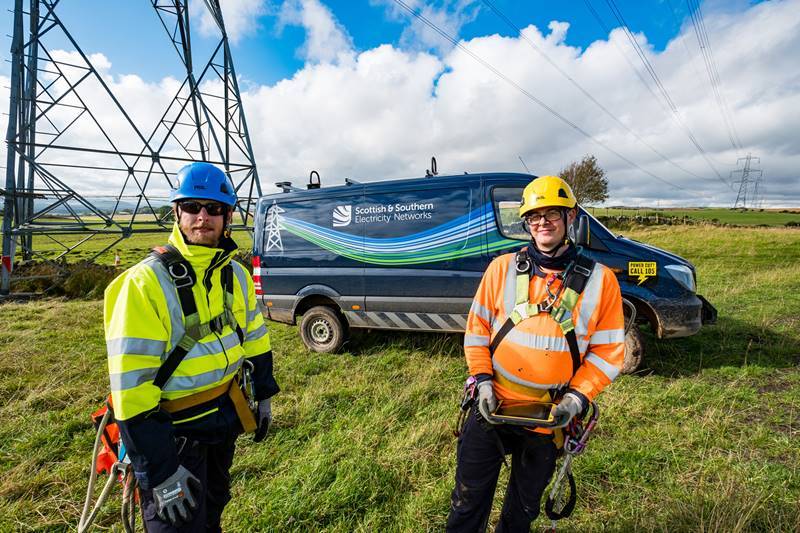Scottish and Southern Electricity Networks (SSEN) has proposed changes to the Smart Energy Code that would allow network companies to switch off technologies like domestic electric vehicle (EV) chargers in the event of an emergency.
These changes are currently being considered by Ofgem, having been tabled in July 2020. If approved, they would allow networks to manage domestic low carbon technologies (LCTs) such as EV chargers connected to smart meter infrastructure to help avoid network overloads in emergency situations.
SSEN defined emergency situations as those where there is an absence or failure of market-based solutions and where failure to act is likely to cause power outages due to overloads.
The network operator pointed to how future generations of smart meters will be available with Han Connected Auxiliary Load Control Switches (HCALCS), which would facilitate smart load control and “innovative flexibility service products”. Its proposals therefore look to give networks access to the HCALCS for priority demand control purposes.
Whilst the proposals were raised in July, criticism has now been levied at the proposals.
Octopus Energy’s director of external affairs, Clementine Cowton, slammed the network companies for “now trying to twist the rules”, claiming they “want to reach into our homes and turn stuff off when it suits them”.
“Great British businesses have already created ultra cheap digital technology to avoid the need for this. Instead of using clockwork solutions in a digital world, companies like these should move into the 21st century or let someone else do the job for them,” Cowton added.
Cowton was echoed by trade association Energy UK, with chief executive Emma Pinchbeck pointing to the “range of products” available to maximise low carbon technology whilst addressing network concerns. Pinchbeck went on to state that the smart energy service market requires consumer confidence and positive consumer experiences in order to continue to grow but that “these proposals risk undermining both of those outcomes”.
“For proposals to be made in a manner that addresses these concerns, BEIS and Ofgem should proactively and transparently explore the options for addressing any concern over network security ahead of technical proposals being progressed.”
These claims have however been refuted by the Energy Networks Association, which has responded to a number of articles published last week that picked up on SSEN’s proposed changes to the Smart Energy Code and “claim[ed] that smart metering will lead to disconnections”.
The ENA continued to brand these suggestions as “inaccurate”, stating they “misrepresent the measures energy networks have in place to ensure security of supply”.
Ross Easton, director of external affairs at the ENA, said that the proposed modification “makes it clear that this would only take place as a last-resort contingency measure and only with the consent of the customer, taking place where new, innovative and flexible solutions have not been able to protect the whole network”.
“The claims that have been made are irresponsible and misleading and may hinder the move to smart meters which is vital to achieving net zero emissions.”
When asked for additional information by Current±, an SSEN spokesperson emphasised that the proposed modification had been tabled to provide a last-resort contingency measure, which would protect the security of customer supplies during an emergency scenario, and that customer consent will be required in all instances and could be revoked at any time, as well as curtailment being capped at two hours a day.
“In reality, the likelihood that this measure would ever be used, should it even be approved, is incredibly small, as market-based solutions such as time-of-use tariffs, use of flexibility and network investment would negate the requirement for such a measure”, the spokesperson added.
SSEN also pointed to the EV Energy Taskforce’s report, which made a range of recommendations including a proposal highlighting the need for governance arrangements for the use of emergency charge limitations.
Ofgem has been contacted by Current± for comment.






